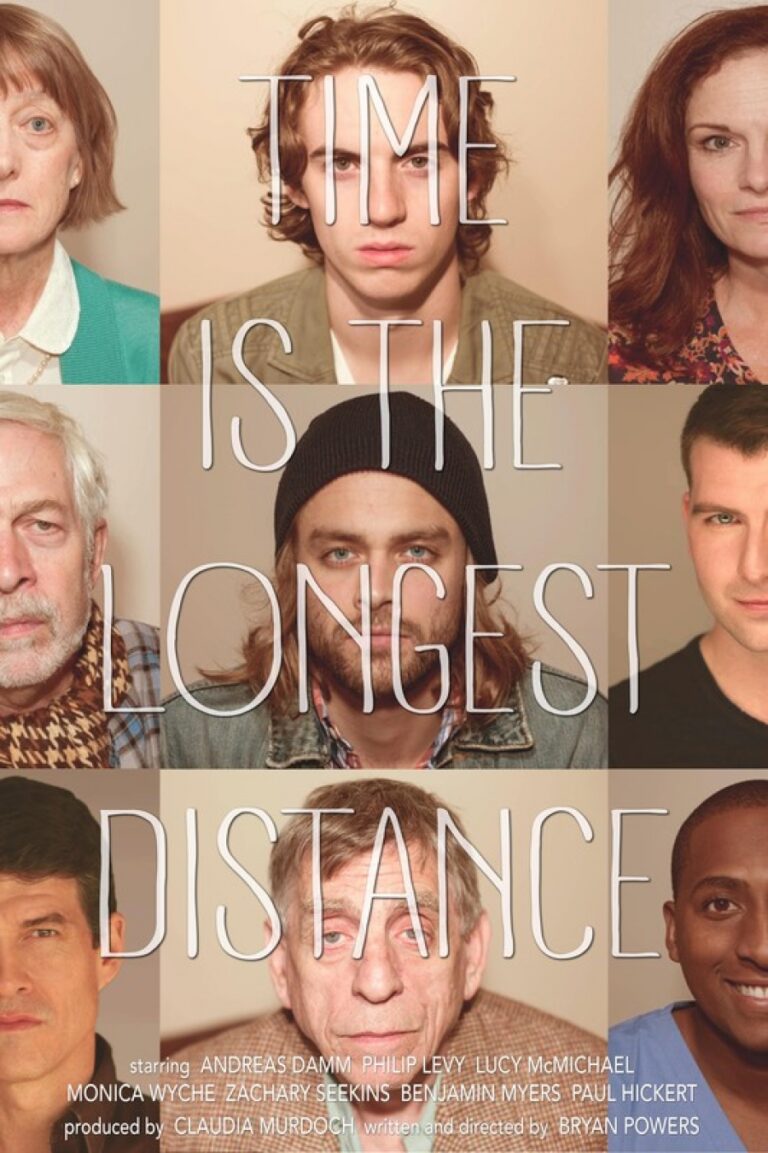27 Σεπ “Time is the Longest Distance” – Bryan Powers, USA, 2016, 15′

When a son visits his estranged, Alzheimer’s-stricken father in a nursing home to tell him of a major change in his life, he finds the acceptance he seeks in an unexpected way. This is the story of Time is the Longest Distance, a short film that, while touching on currently relevant issues of Alzheimer’s and same-sex marriage, thematically conveys the importance of a family’s love throughout one’s life by representing three significant stages of man: a teenaged boy (coming of age), an adult son (forming a family), and an aging father (approaching death). The heart of the film concerns acceptance and the universal theme of a child’s longing for his parent’s approval. Embracing who your child is and supporting it lovingly is one of the greatest gifts parents can pass on to their child.
With the progress in gay rights and the evolving attitudes towards homosexuality in America, coming out to one’s parents may now be easier for those of a younger generation. But for those, like me, who came out years ago, when there was less societal acceptance of homosexuals, a distance may have developed between them and their parents. The parents might have accepted their child’s sexuality, but were never comfortable talking about it, and the child pulled away. This is the situation that precedes the events of Time is the Longest Distance. The film explores this family dynamic, and the urgency of a son’s decision to bridge the distance, to reconnect with his father, and to find the acceptance he desires before time runs out – before his father’s mind and memories are wiped away by Alzheimer’s.
Concurrently, the film addresses family challenges and sacrifices when coping with a parent who has Alzheimer’s, and the pain felt when that parent no longer recognizes their child. Inspired by my own experiences, my own father having passed away due to Alzheimer’s four years ago, Time is the Longest Distance is a vital, beautiful and moving portrait of one family’s challenges. In an era in which Alzheimer’s continues to touch more and more lives and in which, in particular in the shadows of the recent presidential election, parents continue to be intolerant of their children’s same-sex relationships, this film will be relatable to a wide audience of other families.
